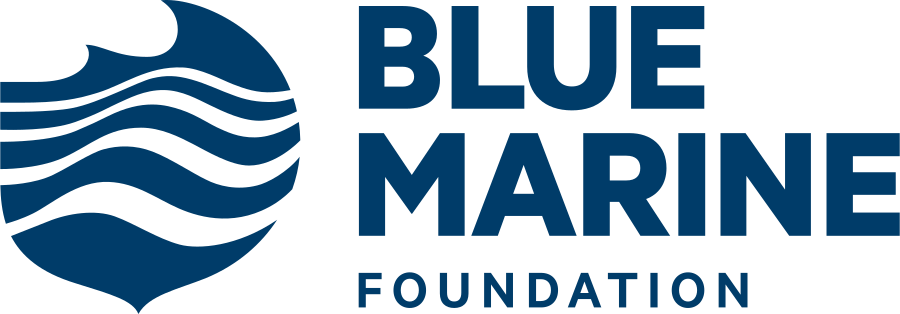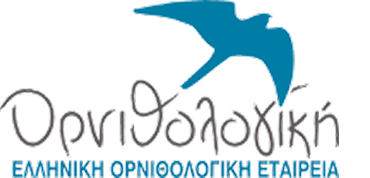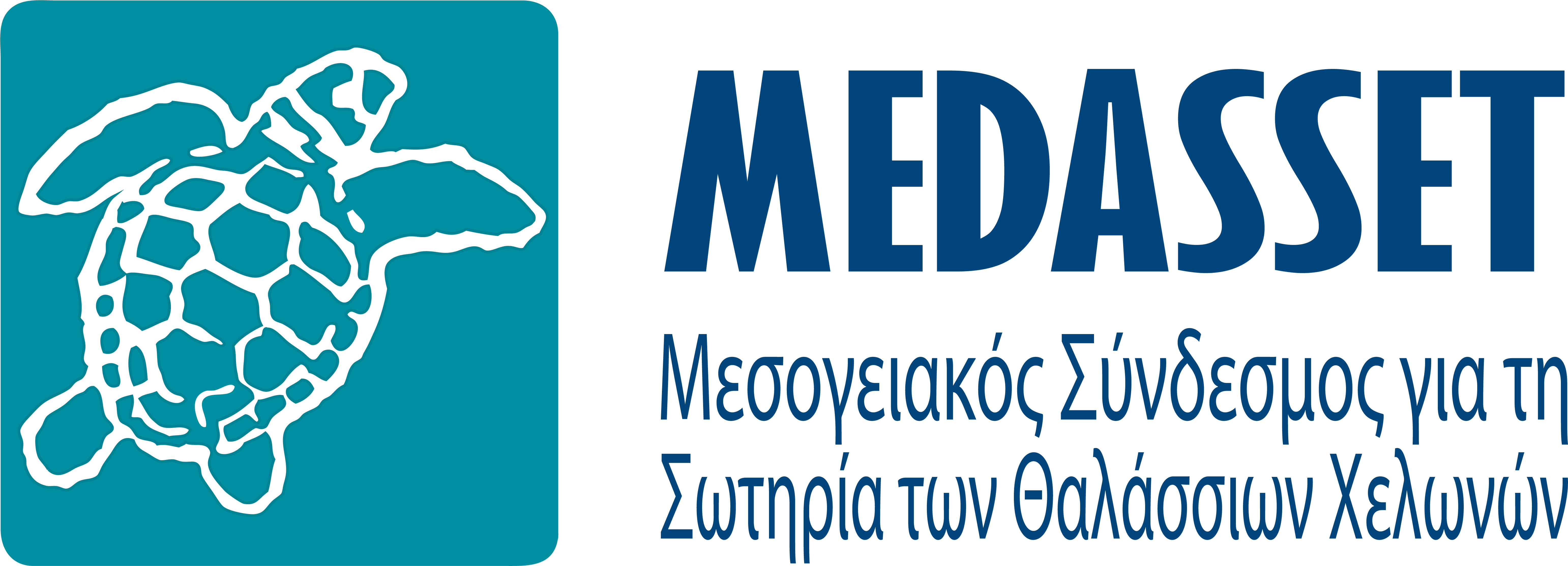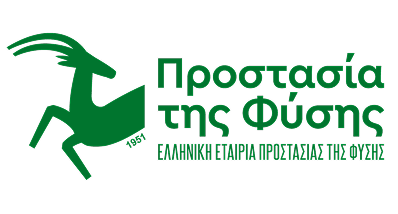Ionian and Aegean National Marine Parks: An important initiative, with room for improvement
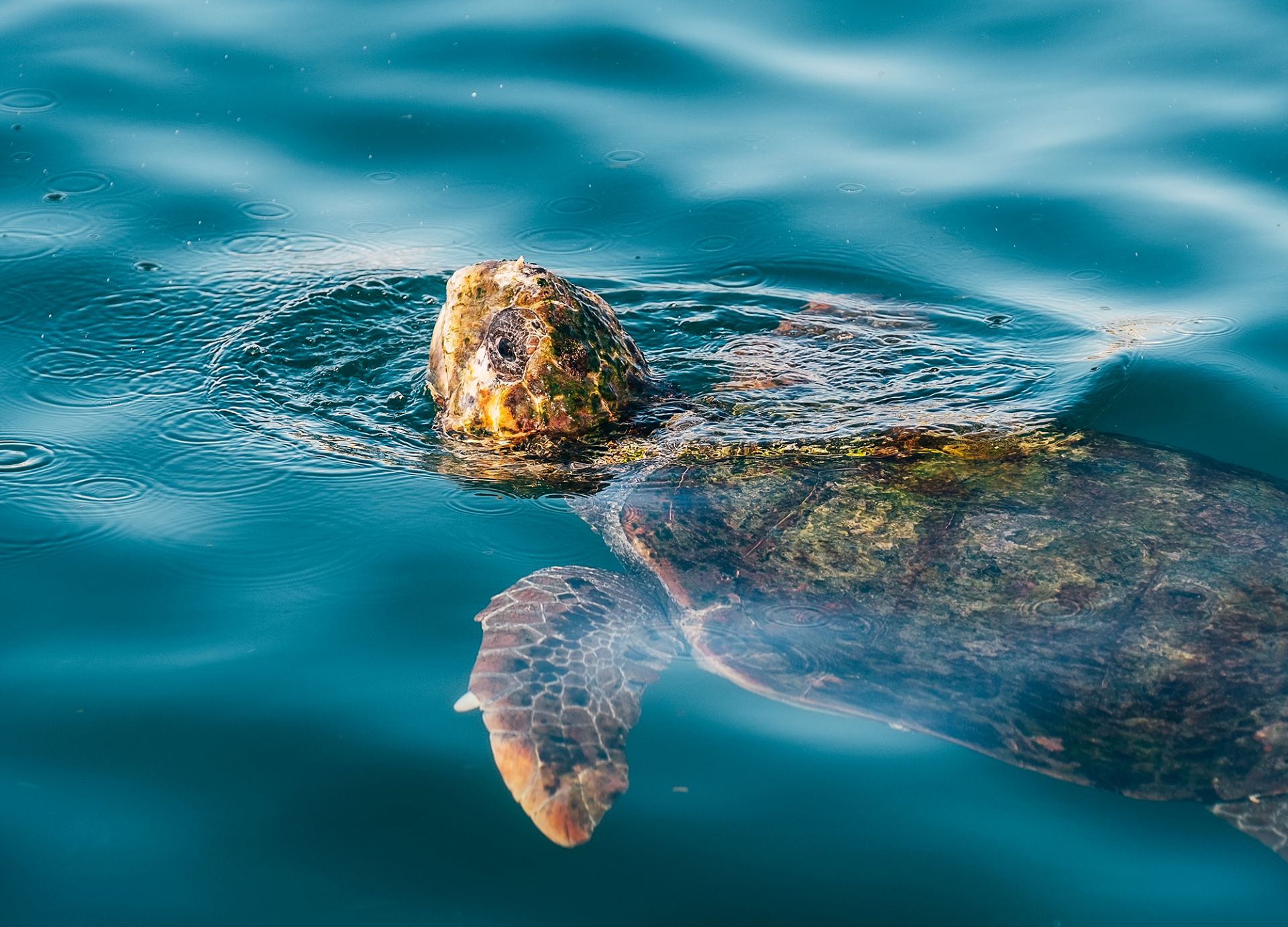
Joint Statement by Environmental Organizations
The initiative to establish two new marine parks is particularly important, as pointed out by the environmental organizations Blue Marine Foundation, Cyclades Preservation Fund, Greenpeace, iSea, the Hellenic Society for the Protection of Nature, the Hellenic Ornithological Society, the Thalassa Foundation/AENAOS THALASSA, and WWF Greece. Once their establishment is complete, which is currently in the first stage of consultation on the studies, Greece will have contributed to the international effort to preserve marine life with two large marine parks of ecological value.
However, as environmental organizations point out, this flagship government initiative needs significant improvements, as it falls short in ensuring coherence and preventing the risk of serious degradation, since the Ionian Park remains surrounded by areas granted to oil companies for hydrocarbon exploration and extraction.
Undoubtedly, among the positive elements of the two studies, the quality of which we note is very good by Greek standards, the organisations identify the following:
- The large spatial extent of the two marine parks, which allows for ecological connectivity between Natura areas and species habitats.
- The horizontal ban on bottom trawling and the seasonal restriction of fishing in the narrow coastal front.
- The ban on uncontrolled anchoring in Posidonia protection zones and, correspondingly, the use of ecological moorings (mainly in the Ionian Sea).
- Provision of measures for more effective protection, avoidance of collisions between ships and wildlife, scientific monitoring, compensation for damage, use of technological methods for management purposes (mainly in the Ionian Sea).
At the same time, however, it is clear that in the case of the Ionian Sea, these important steps forward are being undermined by the continuation of environmentally, economically, and socially unthinkable hydrocarbon exploration and exploitation programs. These activities are completely incompatible with the achievement of the Park’s objectives and the study’s proposals, which attempt to squeeze a globally important area for many species of marine fauna between mining plots, or even by ignoring the most mature plot, Katakolo, and defining ostensibly regional zones, are deemed highly ineffective in addressing the obvious issues of incompatibility.
On another level, it is also striking that the two MSPs are quite different in terms of their general approach to zoning, the identification and specification of uses, the documentation and use of up-to-date data, and the formulation of measures in relation to the provisions of related policies (fisheries, aquaculture, tourism, etc.). In general, the Ionian study is clearly more mature, with zones and restrictions that serve multiple protection purposes, but also with a detailed budget. The overall approach to defining zones and measures, the specification of uses, and many aspects of its proposals would be advisable to adopt in the Aegean study, which seems to follow a more conventional approach. In any case, harmonization of approaches is required, particularly in relation to the designation of zones and uses, as well as the provision of appropriate documentation.
With regard to the proposals of the studies in particular, there are a number of critical points that need significant improvement:
- Drastic restriction of potentially harmful uses and possible redefinition of zones so that, by ensuring a high degree of protection in a significant part of the SPAs, the two parks can make a decisive contribution to achieving the 10% target for strict protection (the Aegean EMP should radically change its approach as it lags significantly behind, while the Ionian EMP should clarify the proposed relatively high level of protection so that it is not merely symbolic).
- Greater determination in taking measures to effectively prevent collisions between cetaceans and ships.
- Strengthening the protection regime for critical habitats, by defining wider protection zones or more specific measures for Posidonia and the Mediterranean monk seal.
It is essential that the nationally important and visionary project of establishing the two new marine parks does not remain on paper. It is important that their establishment proceeds without hesitation and as a priority for the government.
In the context of the consultation on the specific environmental studies that support the process of establishing the two marine parks with scientific data, and prior to the consultation that will follow on the presidential decrees, environmental organizations are calling for the following specific improvements:
- Rationalization of the system for matching protection zones and land uses, so as to address the observed inconsistencies and avoid proposing uses that either cannot be legislated or will lead to the selection of zones with lower protection.
- Establishment of a ship course deviation zone to reduce collisions and areas to be avoided in navigation, as well as regulating ship speed uniformly at up to 10 knots so that the key objective of reducing collisions with cetaceans in the Ionian Sea can be achieved more effectively through spatial regulations.
- Provision for monitoring fishing pressure on a broader scale, so that there is no uncontrolled shift outside the Parks, which would negate the important protection and management objectives for both nature and fish stocks – This mainly concerns the Ionian Sea, as within the park the percentage of days of trawl fishing is around 40%, while in the Aegean it is less than 2%.
- Improvements in the governance of protected areas, surveillance and enforcement, and ensuring adequate resources.
- Clear statement that ecological coherence is ensured and one of the greatest risks of accidental pollution from possible oil extraction in the hydrocarbon marine area of Katakolo is prevented. In particular, with regard to the Katakolo area, we note that its geographical location at a key point in the park and very close to the extremely important and ecologically sensitive areas of the Zakynthos National Marine Park, Kyparissia Gulf, and (outside the boundaries of the Ionian Park) the Strofylia National Park (which is also protected by the international Ramsar Convention). The possibility of oil extraction in the area has raised serious concerns, even from the Prime Minister himself, due to the inevitable environmental impact. We demand the cancellation of the next stages of licensing for the Katakolo area.
Co-signed by the following environmental organizations:
Blue Marine Foundation
Cyclades Preservation Fund
Greenpeace
iSea
Hellenic Society for the Protection of Nature
Hellenic Ornithological Society
Thalassa Foundation/ AENAOS THALASSA
WWF Greece

